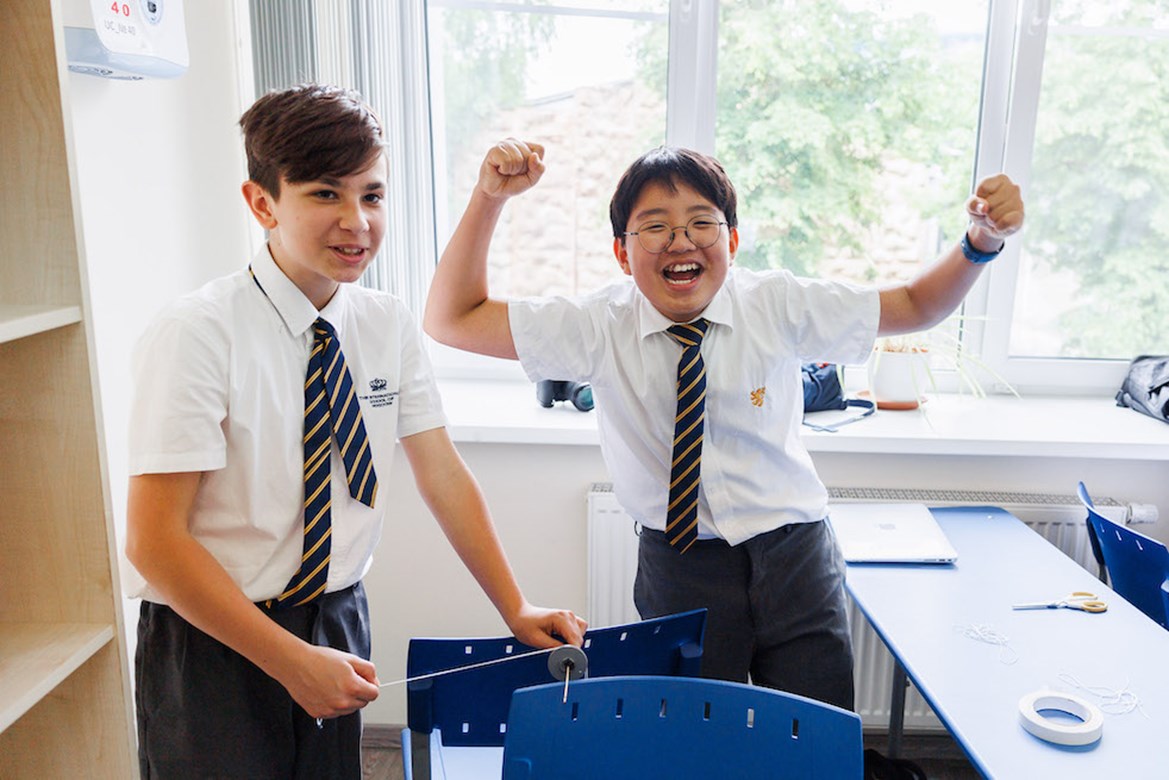- Discover more
- News
- Calendar
- Careers
- Contact us
- Parent Portal
- Parent Essentials
- Visit us
- Enquire now
- Discover more
- News
- Calendar
- Careers
- Contact us
- Parent Portal
- Parent Essentials
- Visit us
- Enquire now

For children and young people today, being online and using social media have become an integral part of their daily lives. Understandably, parents do not want their children to be left behind in their ability to use the many gadgets, applications and programmes that can often be of great educational benefit. But what about the short and long-term impacts on their emotional and psychological resilience?
There are many ways to define wellbeing. The World Health Organisation describes it as “A state in which every individual realises his or her own potential, can cope with the normal stresses of life, can work productively and fruitfully, and is able to make a contribution to her or his community.”
We are very proud of the way in which we embed technology into the curriculum at ISM but we also appreciate the importance of nurturing creativity and academic achievement in more traditional ways. Furthermore, we implement strategies that promote healthy minds and this often involves bringing children back to the real world from its virtual neighbour.
Here are some ideas of ways you can manage the use of technology by your children at home:
Aim for balance
It’s important for young people to sustain a healthy relationship with technology so setting screen time limits will help the family preserve time for activities beyond screens. While the debate on how many hours a day children should spend in front of a screen is never ending, firm lines can still be drawn on technology-free times, such as during mealtimes, when in restaurants, in the car or on certain school nights.
Be a role model
Even as adults we are dragged into a crowded world of technology, whether we are checking our phones, logging late hours at work, surfing the internet or binge watching our favourite TV programmes. Temporarily abandoning devices as a family can improve social interactions and help maintain positive relationships with family members.
Get involved with child’s technology experience
Playing alongside your child or engaging in the online they do offer many benefits, not least as it helps vet the content they are accessing. The shared experience can also offer bonding opportunities as well as providing a platform for your child to teach you something new!

Avoid addiction and steer them into productivity
It is important to watch out for early warning signs of unhealthy online use and possible tech addiction. Ensuring that time online does not overtake doing physical exercise or engaging socially and face-to-face is also crucial. Asking children not to take devices into their bedrooms before going to sleep but, instead, keeping them in a central area of the home, is not only an effective way to ensure that they have a chance to switch off and get an adequate amount of sleep but can also help avoid issues of cyberbullying, which can typically happen at times when children are alone.
For more information and useful resources on this and related topics please check out the following links: